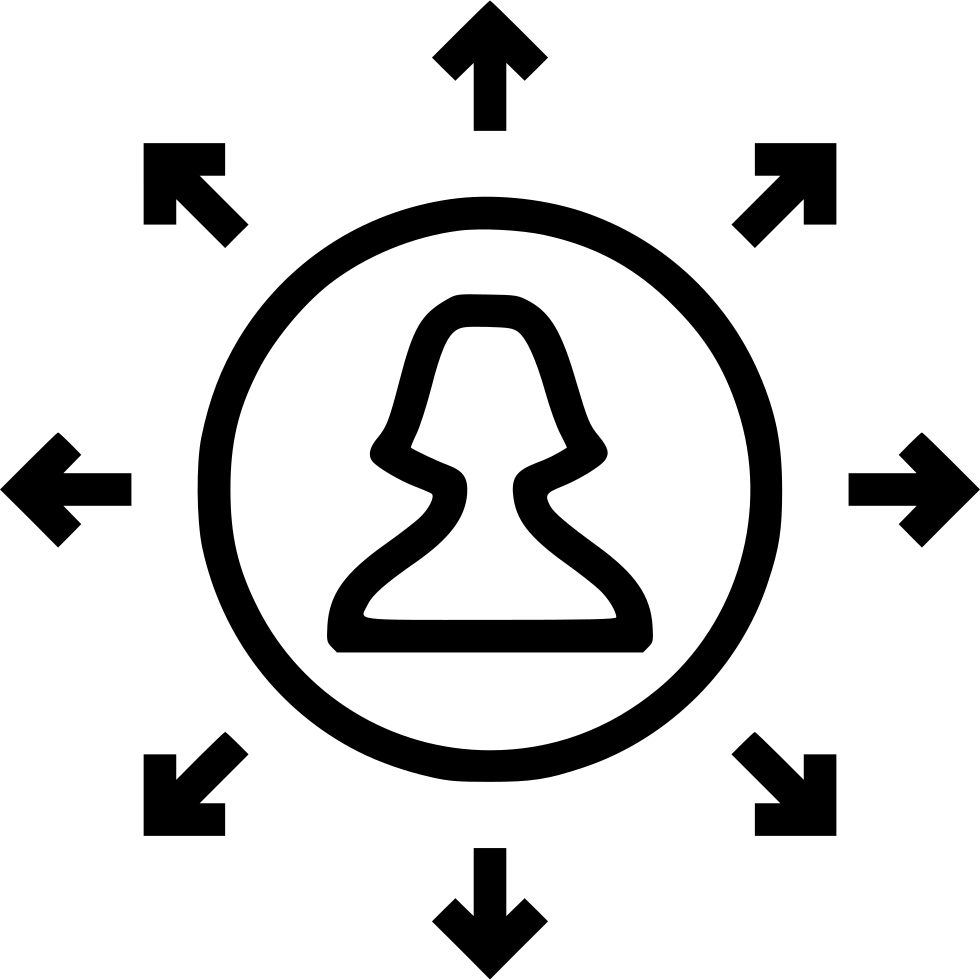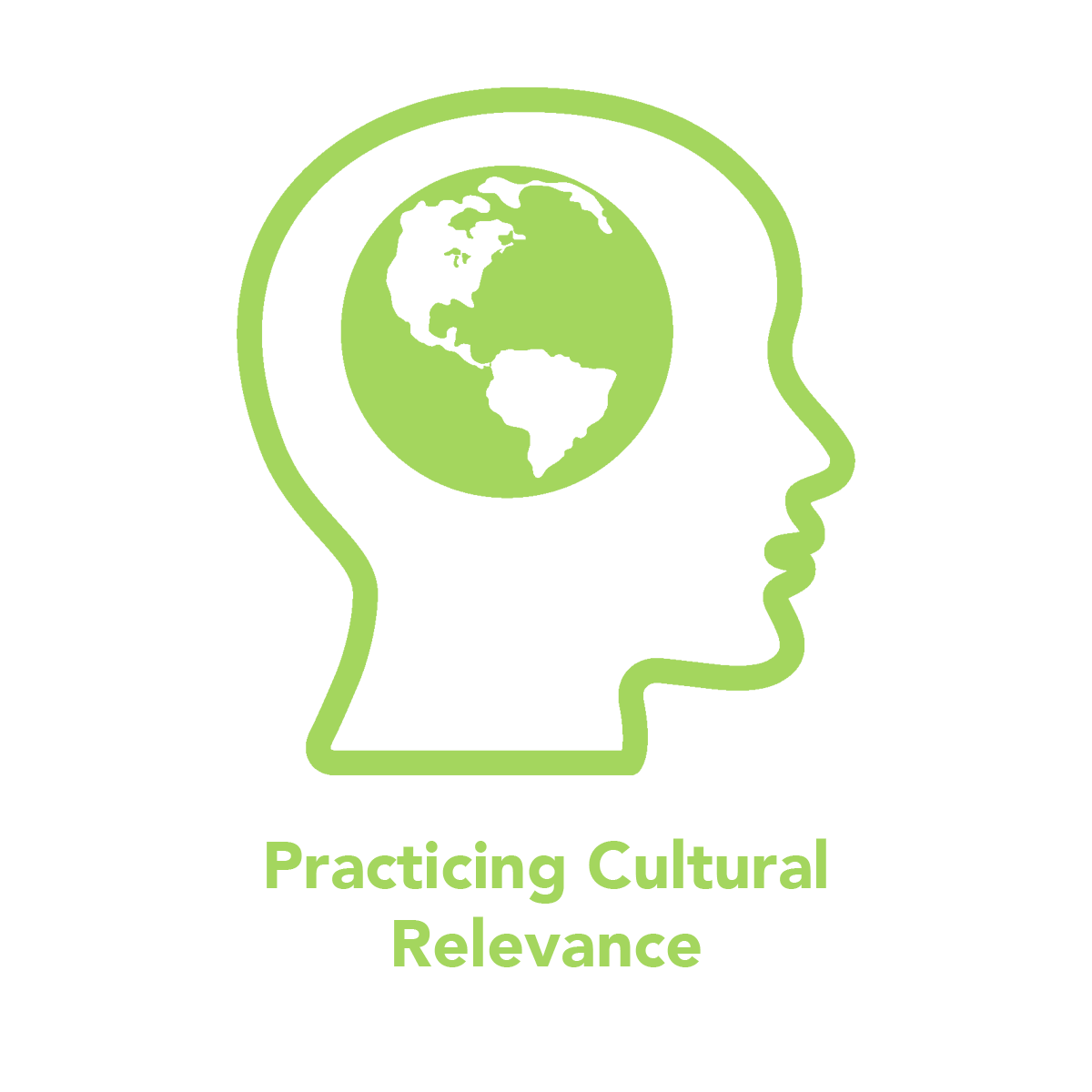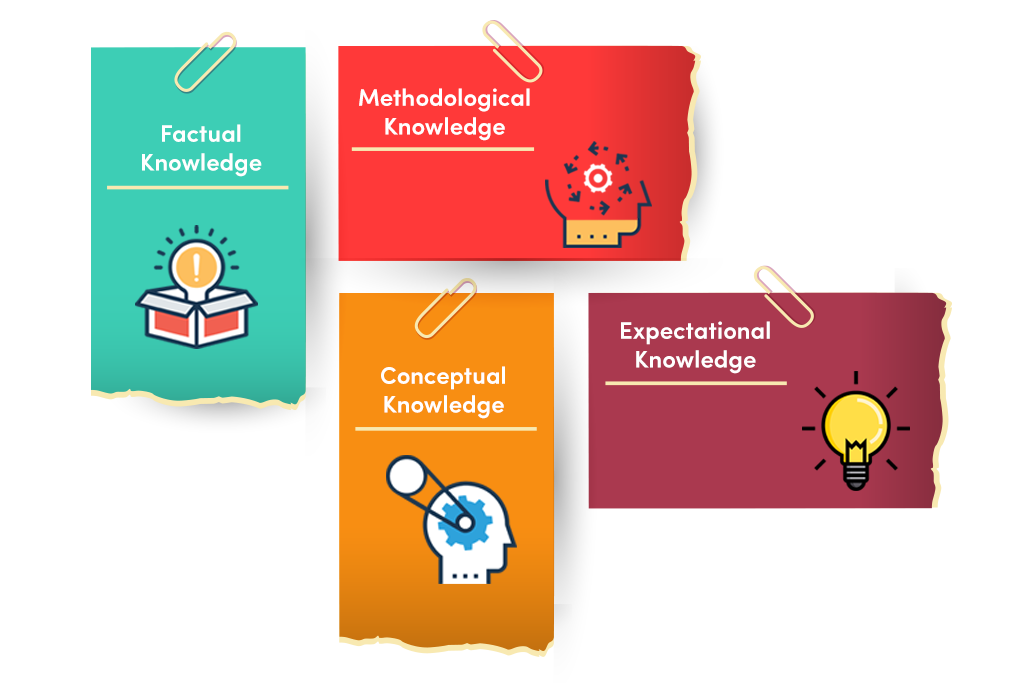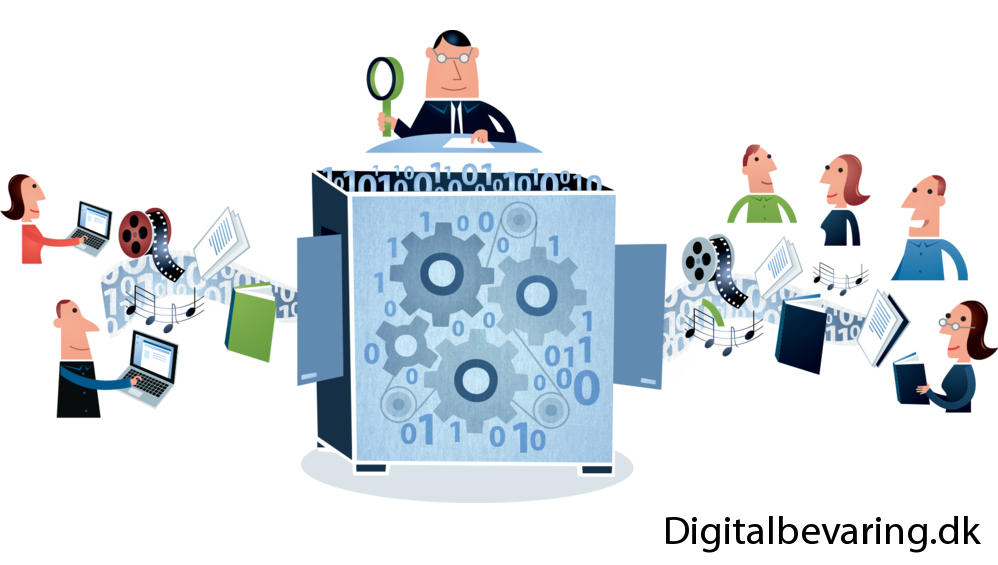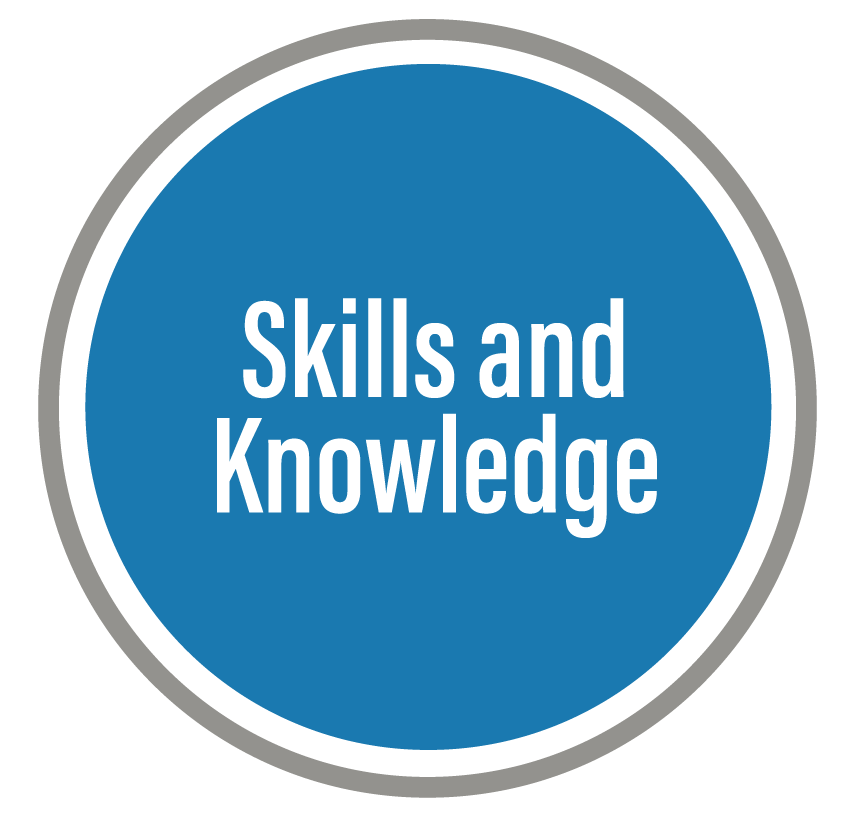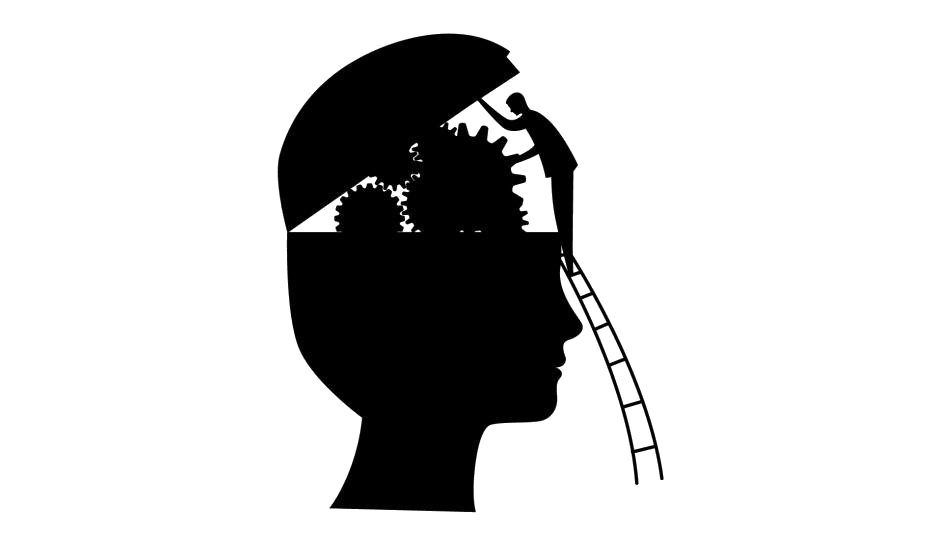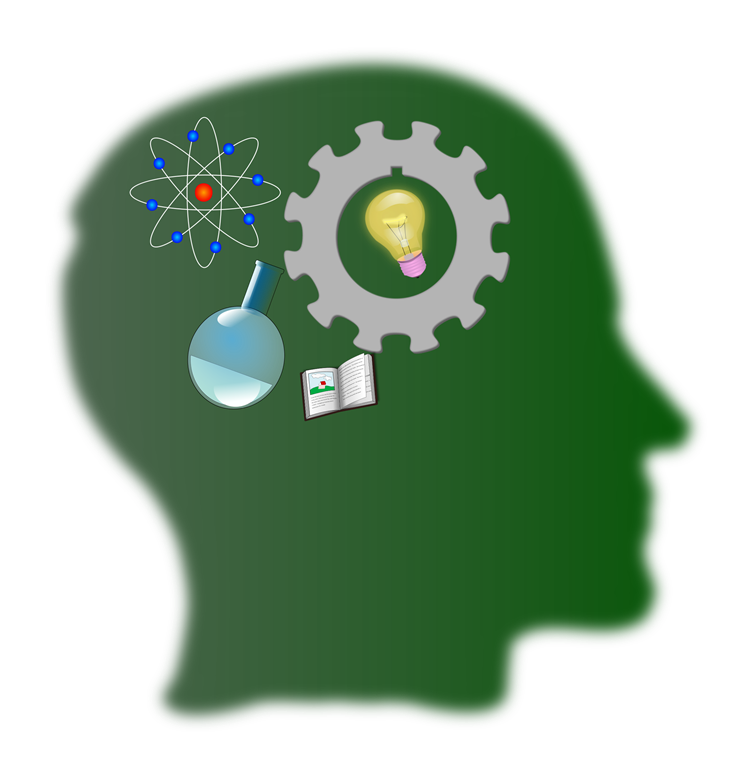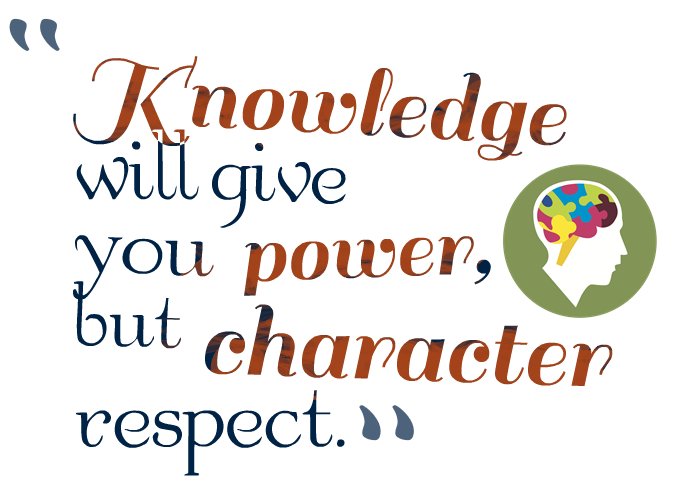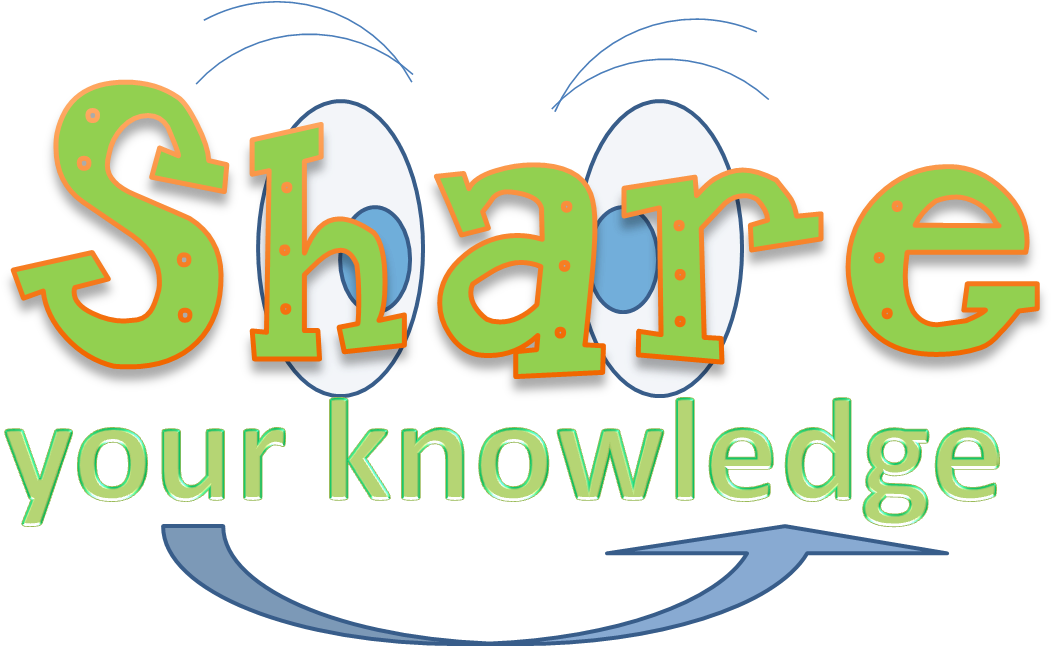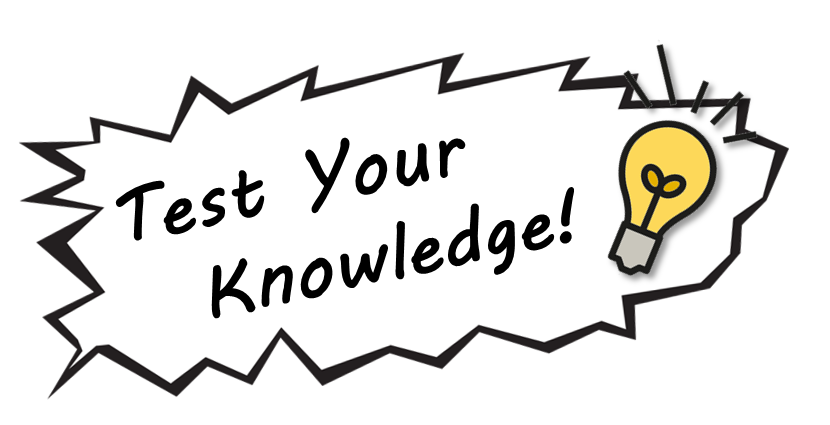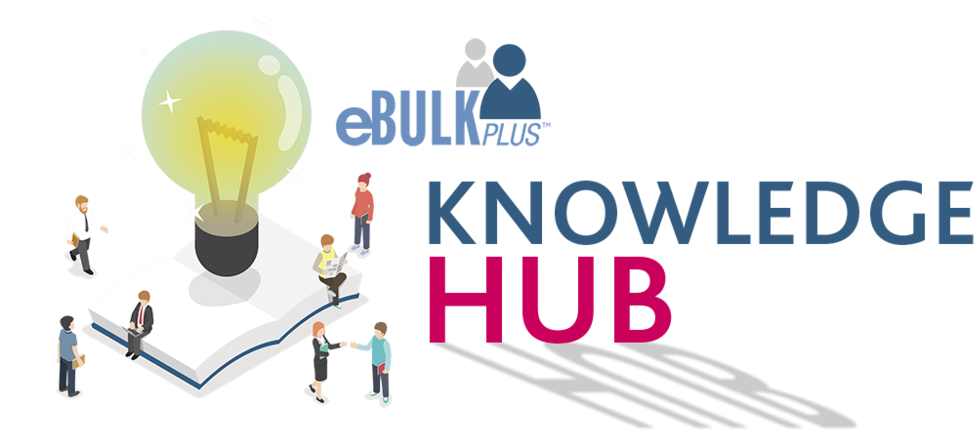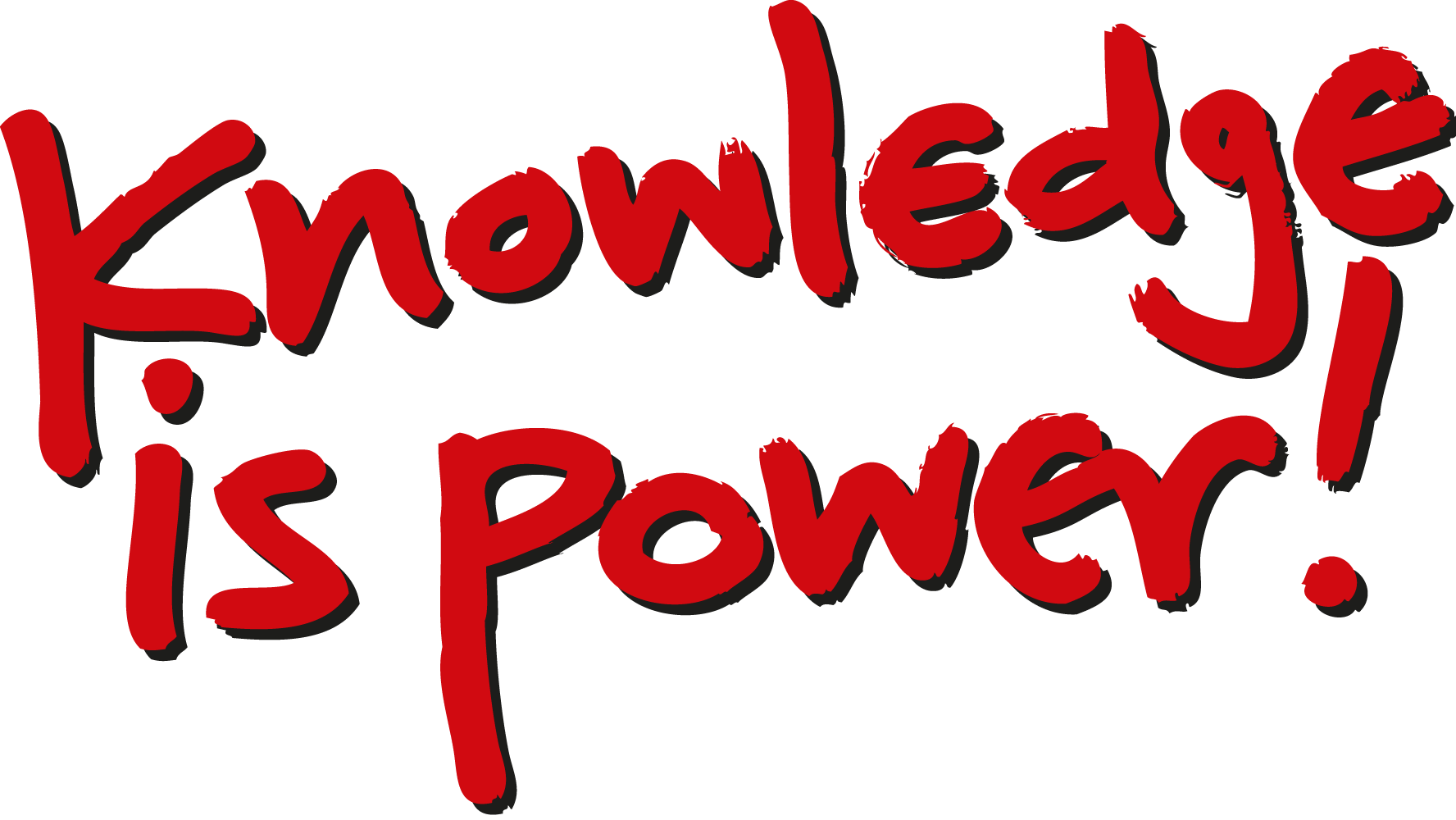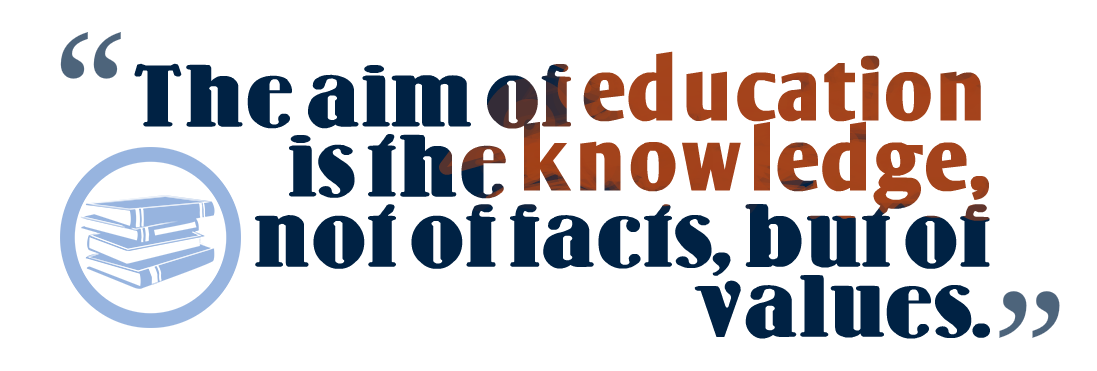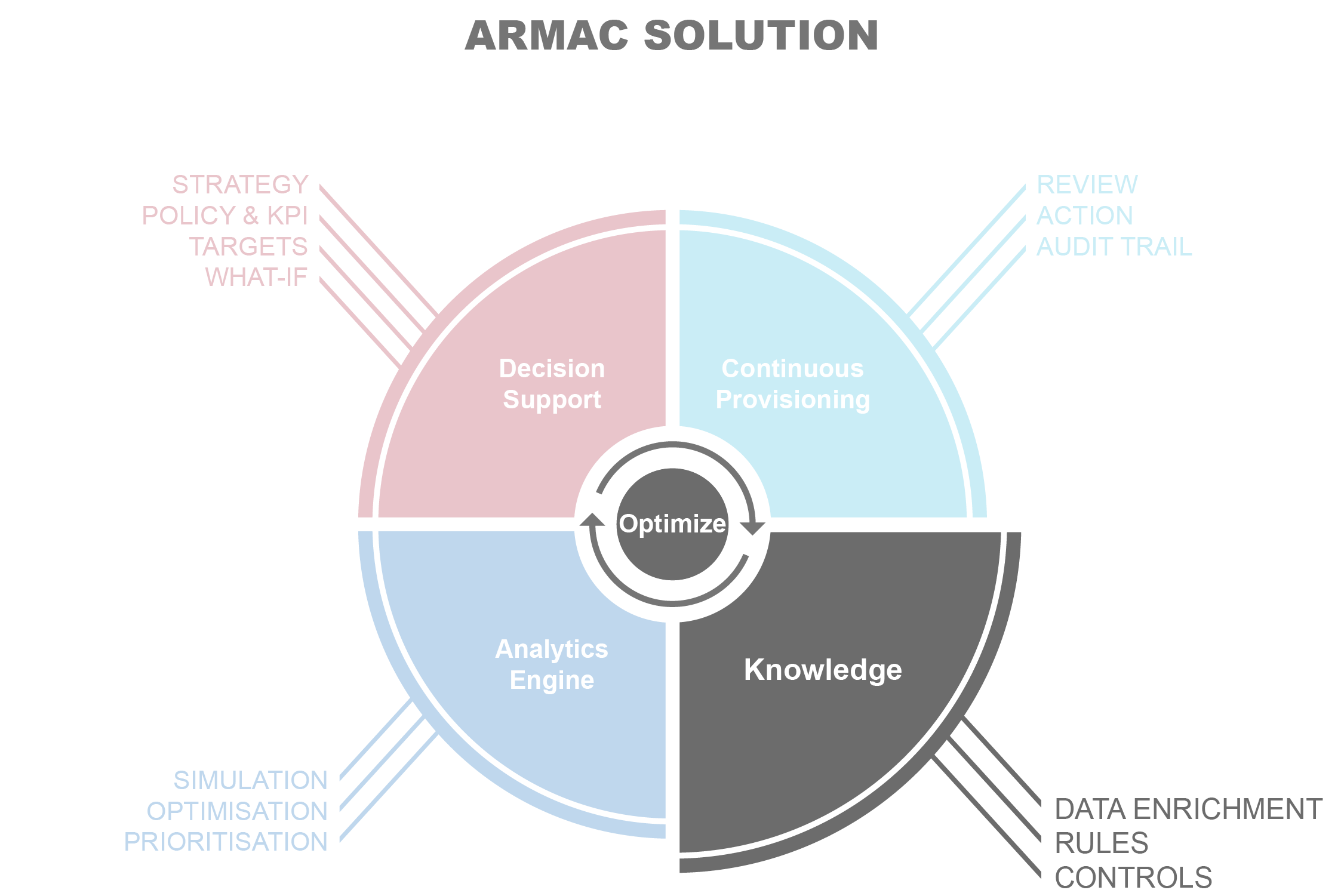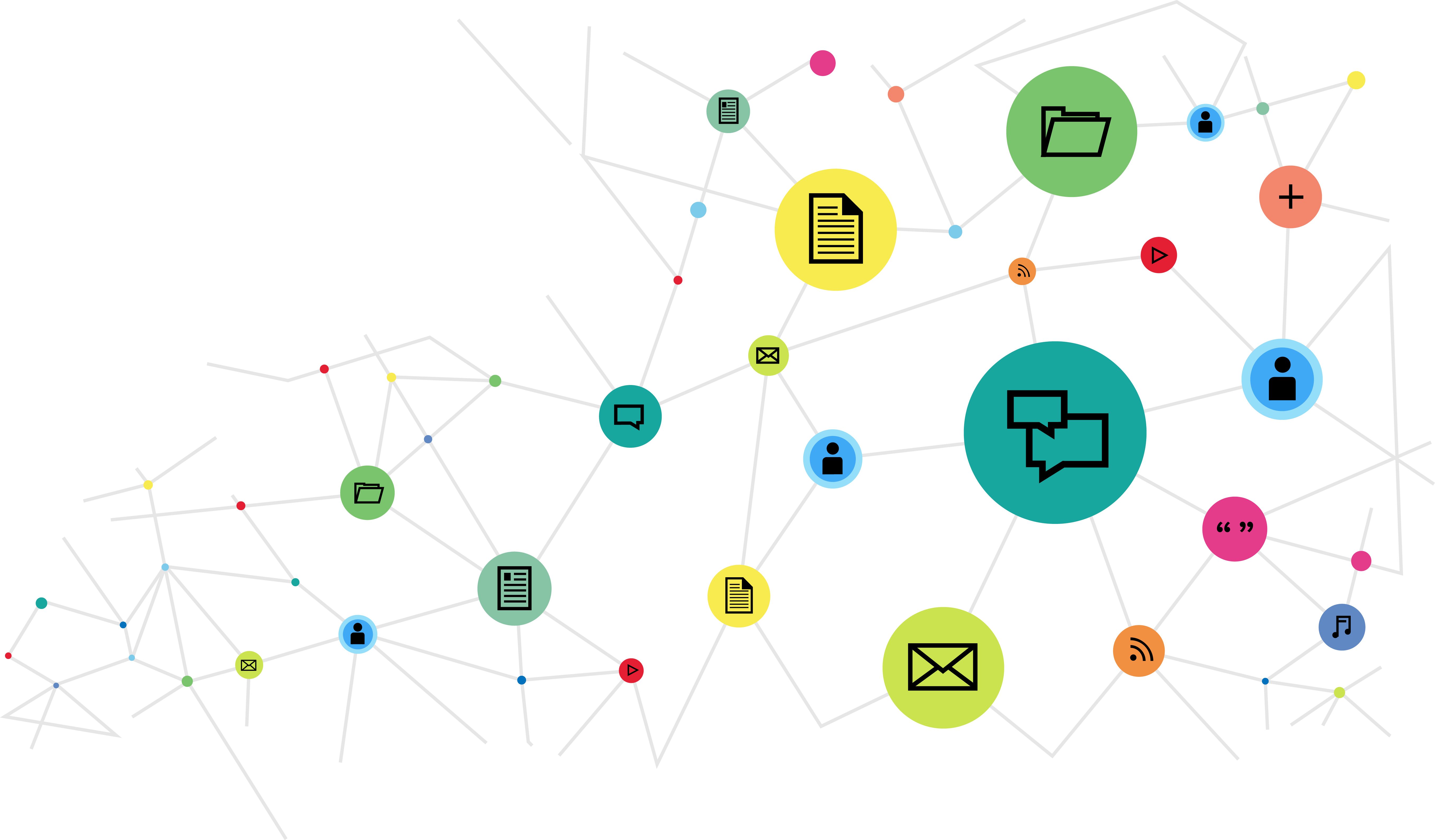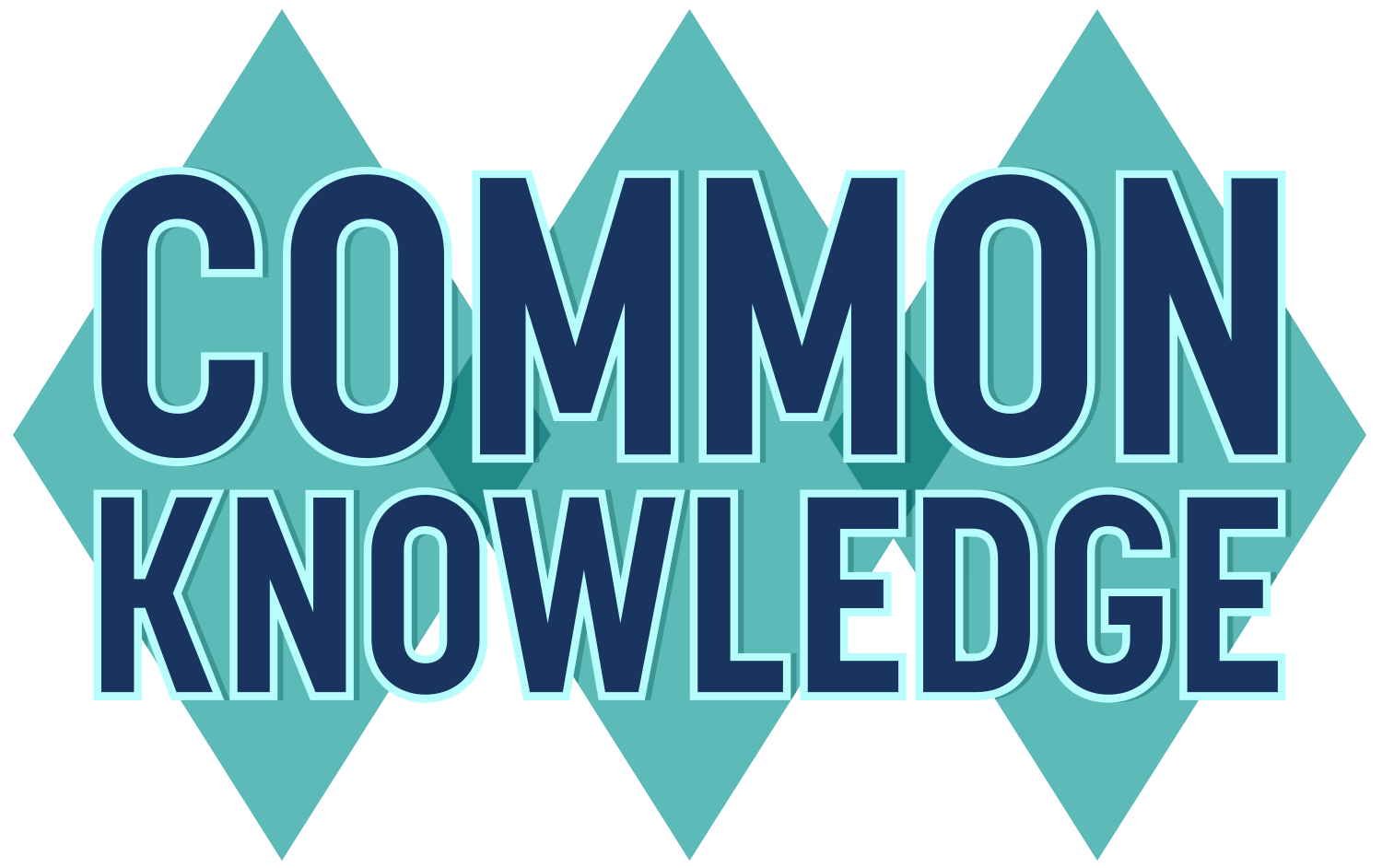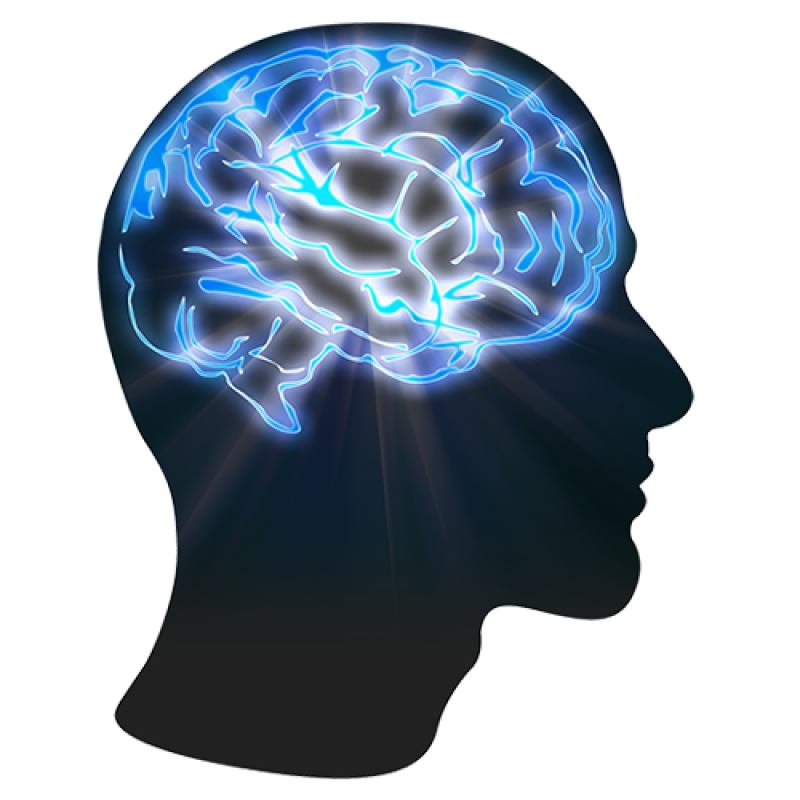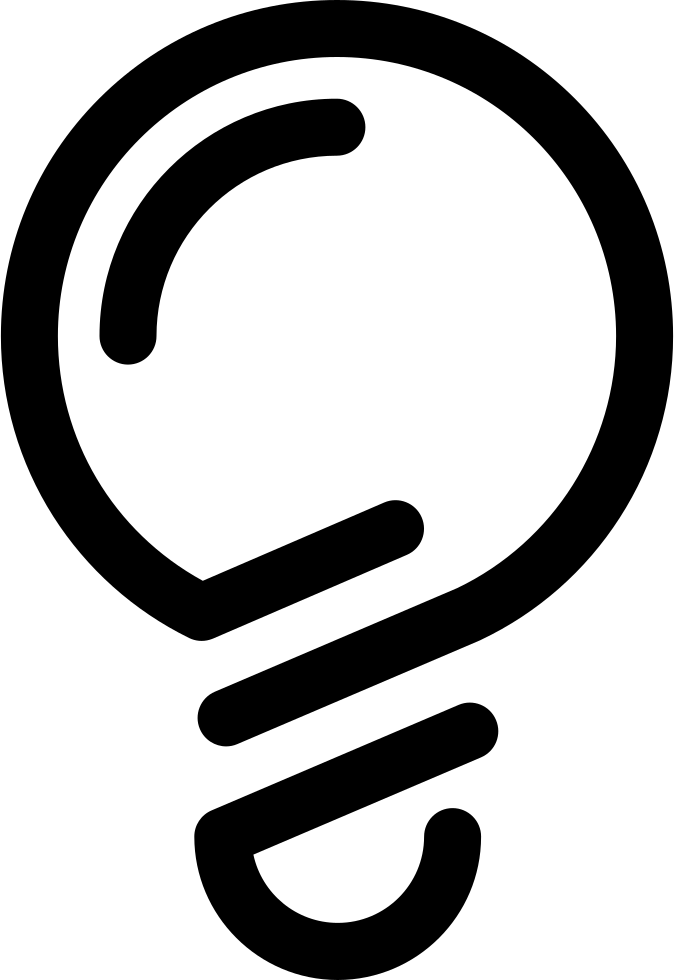Download top and best high-quality free Knowledge PNG Transparent Images backgrounds available in various sizes. To view the full PNG size resolution click on any of the below image thumbnail.
License Info: Creative Commons 4.0 BY-NC
A familiarity, awareness, or comprehension of someone or something, such as facts (descriptive knowledge), skills (procedural knowledge), or objects (objective knowledge), is known as knowledge (acquaintance knowledge). According to most accounts, knowledge may be gained in various ways and from a variety of sources, including but not limited to perception, reason, memory, witness, scientific investigation, education, and practice. Epistemology is the philosophical study of knowledge.
A theoretical or practical grasp of a subject is referred to as “knowledge.” It might be implicit (as in practical competence or knowledge) or explicit (as in theoretical subject comprehension); formal or informal; systematic or specific.
In the Theaetetus, the philosopher Plato famously emphasized the need to distinguish between knowledge and genuine belief, prompting many to credit to him a definition of knowledge as “justified true belief.” For more than half a century, epistemologists have debated the issues with this concept highlighted by the Gettier dilemma.
The idea that philosophy’s core was “theory of knowledge,” a theory separate from the sciences since it was their basis, allowing for the ultimate separation of philosophy from science… It’s difficult to fathom what “philosophy” might have been in the age of contemporary science without the concept of a “theory of knowing.”
Richard Rorty, Philosophy and Nature’s Mirror
The major focus of epistemology is the study of what we know, how we come to know it, and what it means to know something. It is crucial to define knowledge in epistemology because having a belief is not enough; one must also have strong grounds for that view. Otherwise, there would be no reason to favor one belief over another.
Epistemologists have been debating the concept of knowledge for a long time. According to the traditional definition, a statement must fulfill three requirements to be deemed knowledge, which Plato defined but did not ultimately endorse: it must be justified, true, and believed. As many Gettier examples are considered to illustrate, epistemologists today largely agree that these requirements are insufficient.
Alternative definitions have been offered, such as Robert Nozick’s suggestion that all instances of knowledge must ‘follow the truth,’ and Simon Blackburn’s proposal that people have a justified genuine belief “via a fault, flaw, or failure” do not know. According to Richard Kirkham, our concept of knowledge demands the reality of the belief’s evidence.
Following Moore’s paradox, Ludwig Wittgenstein remarked that one might say, “He believes that, but it isn’t so,” but not “He knows it, but it isn’t so,” in contrast to this method. He says that they are not different mental states but rather various methods of communicating about conviction. The difference here is not the speaker’s mental state but the activity in which they are involved.
For example, knowing that the kettle is boiling does not imply that you are in a specific frame of mind, but rather that you are doing a specific activity with the statement that the kettle is boiling. By looking at how “knowledge” is employed in natural languages, Wittgenstein hoped to avoid definition.
Knowledge, he thought, was akin to a family resemblance. Following this logic, “knowledge” has been rebuilt as a cluster notion that highlights key characteristics that no definition properly captures.
Download Knowledge PNG images transparent gallery.
- Knowledge PNG Photo Image
Resolution: 980 × 980
Size: 33 KB
Image Format: .png
Download
- Knowledge Brain PNG Photo
Resolution: 1200 × 1200
Size: 46 KB
Image Format: .png
Download
- Knowledge Transparent PNG
Resolution: 1000 × 904
Size: 74 KB
Image Format: .png
Download
- Knowledge Transparent File
Resolution: 1000 × 490
Size: 137 KB
Image Format: .png
Download
- Knowledge Download Free PNG
Resolution: 1024 × 683
Size: 127 KB
Image Format: .png
Download
- Knowledge Silhouette PNG Images
Resolution: 640 × 480
Size: 17 KB
Image Format: .png
Download
- Knowledge PNG HD Background
Resolution: 1025 × 663
Size: 14 KB
Image Format: .png
Download
- Knowledge Transparent Image
Resolution: 690 × 476
Size: 22 KB
Image Format: .png
Download
- Knowledge PNG Download Image
Resolution: 960 × 960
Size: 91 KB
Image Format: .png
Download
- Knowledge PNG Pic Background
Resolution: 1200 × 628
Size: 33 KB
Image Format: .png
Download
- Knowledge Transparent Images
Resolution: 998 × 565
Size: 304 KB
Image Format: .png
Download
- Knowledge Transparent Free PNG
Resolution: 841 × 822
Size: 36 KB
Image Format: .png
Download
- Knowledge Quotes PNG Image
Resolution: 1280 × 699
Size: 65 KB
Image Format: .png
Download
- Knowledge Silhouette PNG Photos
Resolution: 934 × 534
Size: 68 KB
Image Format: .png
Download
- Knowledge Brain PNG Cutout
Resolution: 2000 × 2000
Size: 310 KB
Image Format: .png
Download
- Knowledge PNG File Download Free
Resolution: 800 × 800
Size: 133 KB
Image Format: .png
Download
- Knowledge Brain
Resolution: 949 × 1786
Size: 411 KB
Image Format: .png
Download
- Knowledge Brain PNG
Resolution: 753 × 768
Size: 239 KB
Image Format: .png
Download
- Knowledge Quotes PNG File
Resolution: 677 × 482
Size: 87 KB
Image Format: .png
Download
- Knowledge Quotes PNG Pic
Resolution: 1051 × 646
Size: 156 KB
Image Format: .png
Download
- Knowledge PNG Free Download
Resolution: 800 × 776
Size: 128 KB
Image Format: .png
Download
- Knowledge Background PNG Image
Resolution: 1012 × 332
Size: 24 KB
Image Format: .png
Download
- Knowledge PNG Clipart Background
Resolution: 830 × 425
Size: 92 KB
Image Format: .png
Download
- Knowledge PNG High Quality Image
Resolution: 696 × 696
Size: 78 KB
Image Format: .png
Download
- Knowledge Silhouette
Resolution: 980 × 980
Size: 33 KB
Image Format: .png
Download
- Knowledge PNG Free File Download
Resolution: 1965 × 2036
Size: 745 KB
Image Format: .png
Download
- Knowledge
Resolution: 802 × 680
Size: 28 KB
Image Format: .png
Download
- Knowledge PNG
Resolution: 647 × 487
Size: 224 KB
Image Format: .png
Download
- Knowledge PNG Pic
Resolution: 1394 × 815
Size: 56 KB
Image Format: .png
Download
- Knowledge PNG File
Resolution: 974 × 447
Size: 141 KB
Image Format: .png
Download
- Knowledge Silhouette PNG
Resolution: 2000 × 1539
Size: 30 KB
Image Format: .png
Download
- Knowledge Silhouette PNG Pic
Resolution: 980 × 642
Size: 36 KB
Image Format: .png
Download
- Knowledge PNG Image
Resolution: 1887 × 1403
Size: 104 KB
Image Format: .png
Download
- Knowledge Silhouette PNG File
Resolution: 980 × 980
Size: 67 KB
Image Format: .png
Download
- Knowledge PNG Photo
Resolution: 1339 × 1081
Size: 481 KB
Image Format: .png
Download
- Knowledge PNG Cutout
Resolution: 769 × 462
Size: 159 KB
Image Format: .png
Download
- Knowledge Quotes
Resolution: 2526 × 2526
Size: 347 KB
Image Format: .png
Download
- Knowledge Brain PNG Pic
Resolution: 842 × 1024
Size: 59 KB
Image Format: .png
Download
- Knowledge Quotes PNG
Resolution: 1776 × 1000
Size: 111 KB
Image Format: .png
Download
- Knowledge PNG Images
Resolution: 1097 × 371
Size: 69 KB
Image Format: .png
Download
- Knowledge Silhouette PNG Photo
Resolution: 896 × 980
Size: 25 KB
Image Format: .png
Download
- Knowledge PNG Photos
Resolution: 800 × 600
Size: 104 KB
Image Format: .png
Download
- Knowledge Transparent
Resolution: 1000 × 971
Size: 651 KB
Image Format: .png
Download
- Knowledge PNG Clipart
Resolution: 1280 × 729
Size: 55 KB
Image Format: .png
Download
- Knowledge PNG Picture
Resolution: 2251 × 1501
Size: 97 KB
Image Format: .png
Download
- Knowledge PNG HD Image
Resolution: 5431 × 3181
Size: 555 KB
Image Format: .png
Download
- Knowledge Silhouette PNG Image
Resolution: 1200 × 1200
Size: 42 KB
Image Format: .png
Download
- Knowledge Brain PNG File
Resolution: 1318 × 1592
Size: 1618 KB
Image Format: .png
Download
- Knowledge PNG Image HD
Resolution: 1280 × 1788
Size: 767 KB
Image Format: .png
Download
- Knowledge No Background
Resolution: 1016 × 680
Size: 120 KB
Image Format: .png
Download
- Knowledge PNG Images HD
Resolution: 892 × 1366
Size: 46 KB
Image Format: .png
Download
- Knowledge PNG Free Image
Resolution: 980 × 918
Size: 60 KB
Image Format: .png
Download
- Knowledge PNG Image File
Resolution: 1500 × 942
Size: 141 KB
Image Format: .png
Download
- Knowledge Background PNG
Resolution: 810 × 922
Size: 23 KB
Image Format: .png
Download
- Knowledge PNG Background
Resolution: 1320 × 1354
Size: 29 KB
Image Format: .png
Download
- Knowledge PNG HD Quality
Resolution: 987 × 979
Size: 35 KB
Image Format: .png
Download
- Knowledge Brain PNG Image
Resolution: 800 × 800
Size: 389 KB
Image Format: .png
Download
- Knowledge Silhouette PNG Cutout
Resolution: 674 × 980
Size: 30 KB
Image Format: .png
Download
